An unplanned bivouac in the mountains can quickly become a disaster. The power goes out, in very adverse circumstances threatens the death by freezing or a crash due to lack of orientation. With these ten points or equipment below you increase the likelihood of getting away with a healthy skin.
An unplanned bivouac is that worst case scenario in the mountains. While planned bivouacs If you are forced to spend the night in the mountains without a shelter, the fun stops when you are one of the most beautiful mountain experiences. Most are the causes of a Notbiwaks the weather, a wrong timing or an injury that slows or even stops the advance of the roped party. So here we are talking about an absolute one emergency, In the following list, I list eight points, or ten items that should not be missing on any serious mountain tour.
- isolation - a few warm socks, long underwear, hat and gloves keep the body warm overnight.
- protection - Biwaksack or bivouac tent, protects against wind and weather and thus hypothermia.
- First aid - the small set to stop bleeding (pressure bandage), to disinfect and connect, strong painkillers and personal medication. These include for me also signal devices such as whistle or flares, but also a SPOT device or similar, which can settle regardless of the mobile phone reception an emergency signal via satellite. Of course, a charged phone is helpful, if you have reception.
- water - some water for emergencies. A dehydrated body is no longer "round", and a dehydrated mind does not make good decisions. Possibly. a little, lighter Stoveto melt snow and a smaller one water filters.
- food - Enough to survive one night and the following day. Especially in emergency situations, it is important to be able to supply the body with energy. BP5 emergency rations and some bars or gels are enough. Out of the belly I would suggest 1000 calories per person. On the first trip in Morocco was an emergency ration really important to get on the last day halfway well and quickly out of the mountains.
- light and fire - For the way to find a bivouac, to quit at night or to scare away. A small headlamp with fresh batteries helps. I wrap some gaffa tape (see "tool") around a gas lighter. A fire offers warmth and comfort - of course only below the tree line.
- Tool - some tape and a pocket knifeto make any repairs to the equipment. Cracks in the bivouac sack or the down jacket are more common than you think.
- navigation - Map detail, a small compass, a GPS device with spare batteries. At home already some important coordinates such as bivouacs, huts, Notabstiegsrouten and the like store.
Of course, it is important, especially in the first aid and navigation, to learn the right and fast handling it and consolidate again and again. First Aid offers a special course like "Outdoor first aid rope and rock"Navigation is best learned by practicing with a map, compass and GPS device on non-dangerous excursions.
A good, careful tour with time buffers and emergency descent routes anyway, but just now weather changesas they happen in the mountains, they regularly cost lives.
Incidentally, I pack the emergency kit mentioned above completely into a watertight packsack - and every rope companion on the tour knows where it is.
More tips & tricks for bivouacs can be found in the article: Wild camping and bivouacing.





[...] the practical packing list for microadventures // eight tips for bivouacking // winter bivouac // An interview with "Mister Microadventure" Alastair [...]